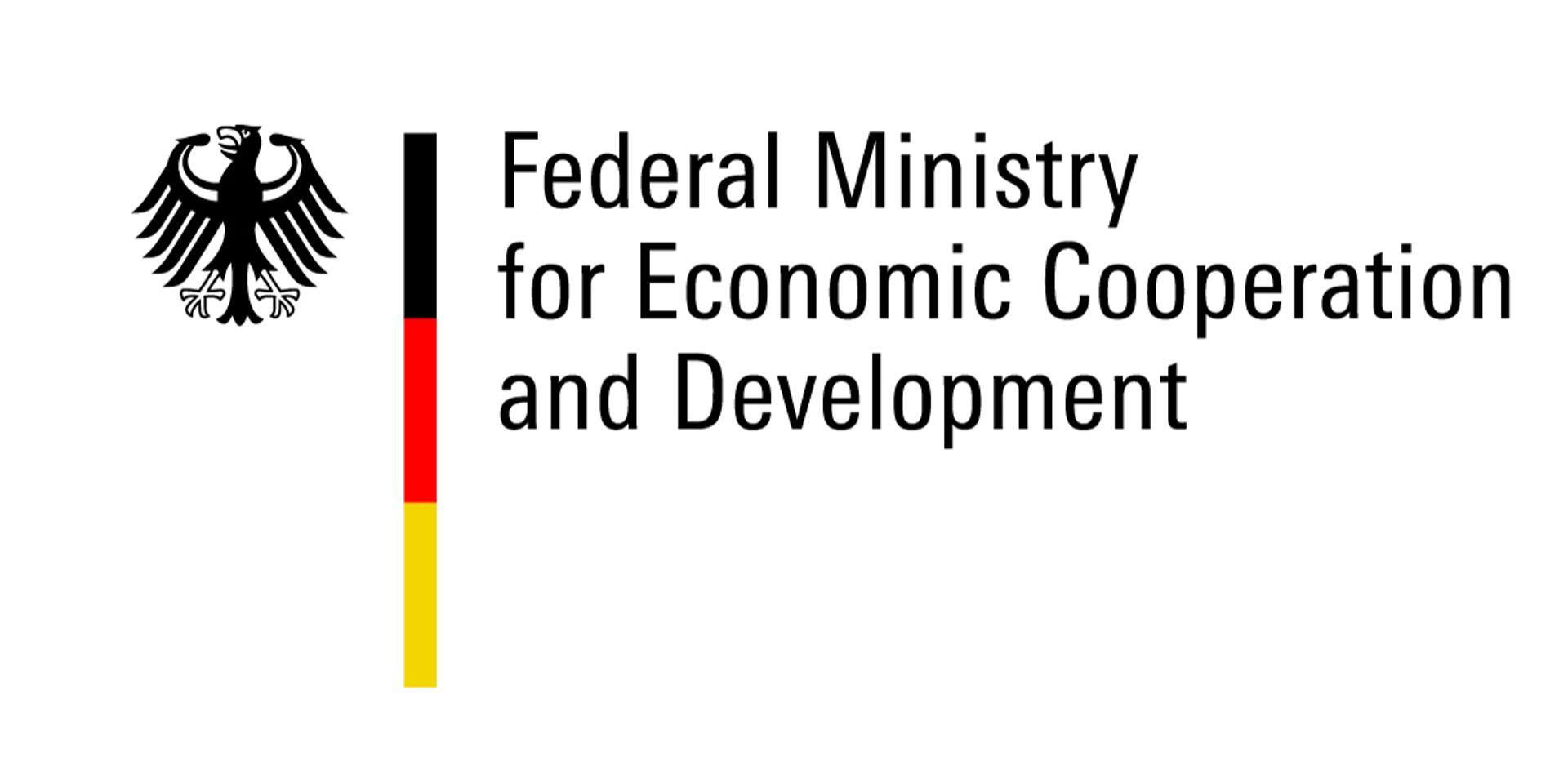Currently, increased levels of misinformation and misunderstandings regarding Germany’s development policy are circulating on the internet and in social networks. The German Federal Ministry for Economic Cooperation and Development (BMZ) is therefore providing answers to the current most frequently asked questions:
Why is Germany providing so much more official development assistance than other countries?
In terms of development funding as a proportion of gross national income, Germany ranks fourth behind Luxembourg, Sweden and Norway. Germany’s relatively big development programme is in its own interest. That is also why it has a long tradition, across different coalition governments. As an economy with close international ties worldwide, Germany depends even more than others on fostering sound relations and close partnerships, and resolving global crises peacefully, through cooperation.
Global problems can only be solved through global cooperation. For instance, climate change can only be halted through joint action worldwide. And in many of our partner countries, this can be done more easily than in Germany – for example because it is an option to build wind turbines right away, instead of phasing out coal and dismantling coal power plants. In other words, it is an option to invest immediately in climate-neutral energy instead of taking a detour via fossil fuels.
The same goes for the global fight against violence and armed conflict, support for refugees, and assistance for their host countries and countries of origin, as well as the fight against global pandemics. All this will only work with more cooperation, not with less.
Development policy pays off financially. Every euro we spend today to make societies worldwide more resilient to crisis will save taxpayers four euros in humanitarian aid in the future. So this investment pays off.
Moreover, it is more important than ever for Germany to have allies and trading partners all over the world with whom we work in mutual respect and partnership. Active development policies lay the foundations for this, and they open doors. Germany’s prosperity has been built on this openness towards the world. Exports account for one in every two euros made in Germany. If Germany wants to remain a strong exporting nation, if we want to continue to sell cars, machinery and medication to other countries, we cannot afford a mentality of retreating into our shell.








